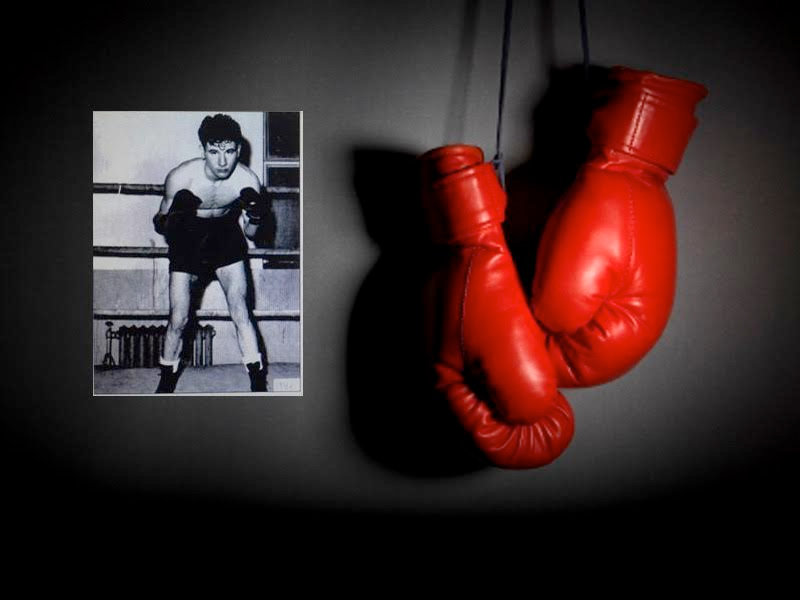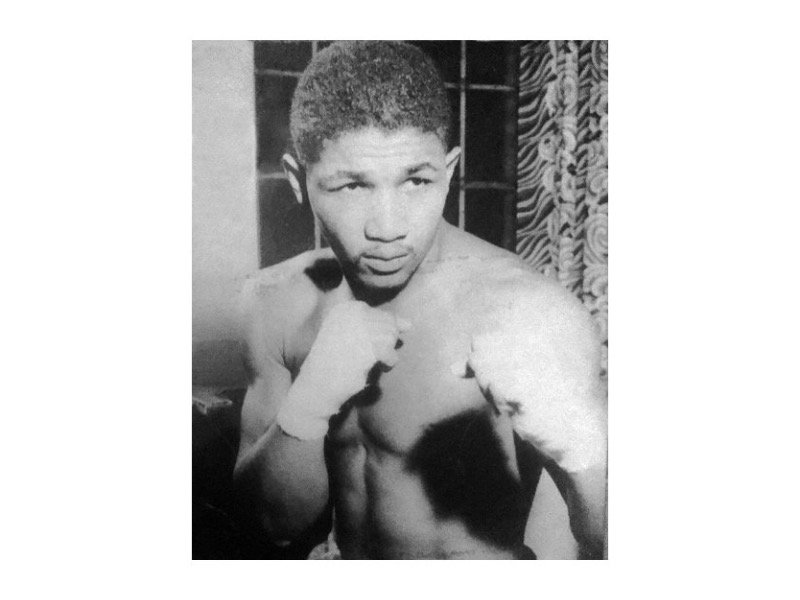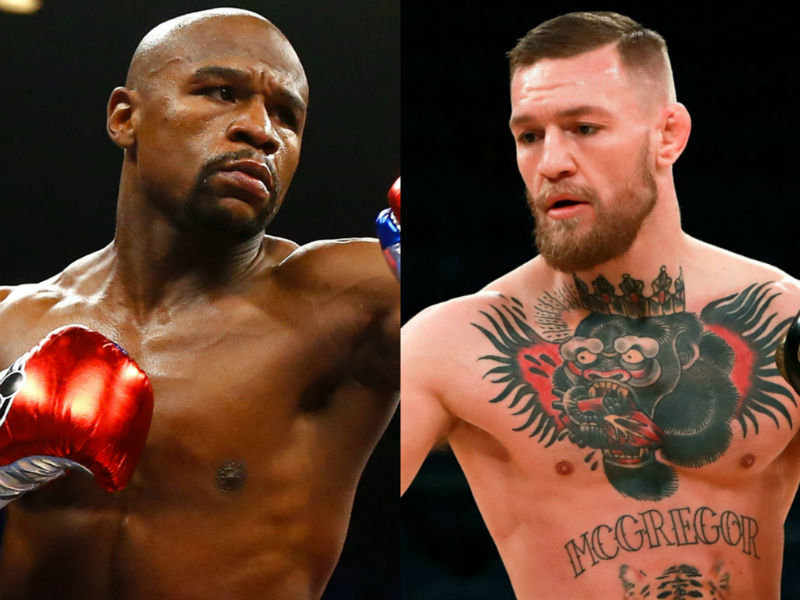The 1940s was boxing’s last full decade as an edifice on the Milwaukee sports skyline, and in ’43 Sam Cicerello made a reservation for the penthouse by impressively winning the Golden Gloves 118-pound championship at the Auditorium.
"As sweet a little boxer as the tournament has produced," raved The Milwaukee Journal after Cicerello stopped Bruce Montgomery in the third round before a sellout crowd of 6,813.
"You will have to go a long way to see a more punishing boxer for his weight than slender Sammy Cicerello," chimed in the Chicago Tribune.
"Boy, where did you get that left?" asked Montgomery’s coach after Cicerello’s jabs and hooks had dismantled his fighter.
But for the next three years Cicerello did his fighting in a U.S. Army uniform, putting on hold what was widely considered a bright future in the sport. After World War II he reentered the ring and had 14 professional fights in Milwaukee and Chicago, winning nine.
Sam Cicerello died on June 28, at age 90.
Managed by his cousin, former lightweight boxer Joe Azzarella, Cicerello was 6-0 as a pro when he faced the more experienced Butch Maxwell at the Auditorium on May 6, 1946. Journal sports editor Russ Lynch worried in print that the local boxer was "being pushed too fast" by Azzarella in an effort to make up for the time lost during the war. When the decision in the close six-round fight went to Maxwell, the crowd of 4,128, egged on by a hysterical Azzarella, booed and pelted the ring with garbage.
It’s a testament to Cicerello’s potential that a few months later he was signed by top-flight managers Sam Pian and Art Winch of Chicago, who also piloted middleweight champion Tony Zale. But by then the local boxer’s palmiest days were past. It wouldn’t be too long before the same could be said about boxing in Milwaukee.







